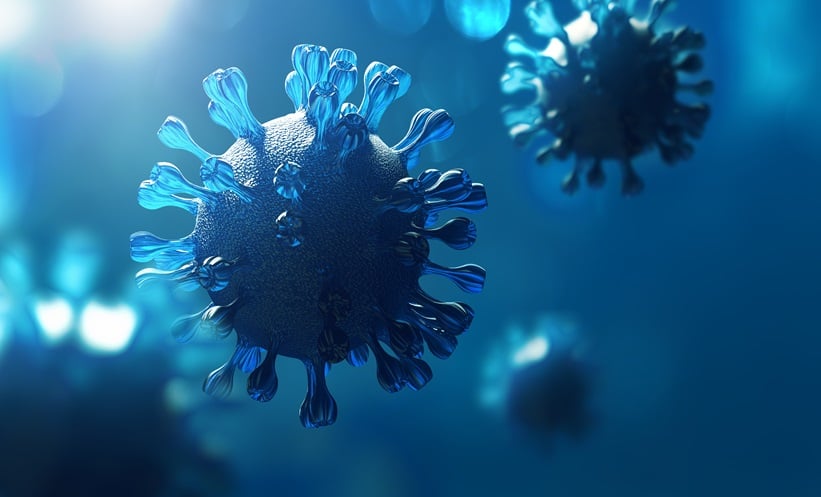SARS-CoV-2, the virus responsible for COVID-19, binds to the angiotensin-converting enzyme-2 (ACE-2) receptor, found in organs like the lungs, kidneys, heart, and testes, raising concerns about its impact on male reproductive health. Early studies suggested possible declines in testosterone levels and semen quality in men infected with SARS-CoV-2, but the evidence was limited.
The present study, led by Victory Ashonibare, Heinrick Heine University, Düsseldorf, Germany, systematically reviewed and meta-analysed data from studies examining the impact of COVID-19 on male fertility. Researchers selected studies focusing on semen quality (sperm count, motility, concentration, etc.) and reproductive hormone levels (testosterone, estrogen, prolactin) in COVID-19-infected and uninfected men. Sensitivity analyses were performed to assess the robustness of findings.
The meta-analysis included 40 studies from 12 countries. COVID-19 was significantly associated with reduced ejaculate volume, sperm concentration, motility, and viability. However, sensitivity analyses showed that the difference in ejaculate volume was not statistically significant. While sperm morphology did not differ notably between infected and uninfected men, comparisons of sperm morphology in the same individual before and after SARS-CoV-2 infections showed a decrease in morphologically normal sperm post-infection. Reproductive hormones were also altered, with increased prolactin and oestrogen levels observed. Variability in testosterone levels was found, indicating a complex relationship between COVID-19 and male reproductive hormones.
The study suggests that COVID-19 negatively impacts male fertility, particularly semen quality and hormone levels. Although some improvements were noted after treatment, many key parameters such as sperm concentration and motility remained lower than pre-infection levels. Further research is necessary to explore the long-term effects of SARS-CoV-2 on male fertility and potential therapeutic interventions.
Abigail Craig | EMJ
Reference
Ashonibare VJ et al. SARS-CoV-2 impairs male fertility by targeting semen quality and testosterone level: A systematic review and meta-analysis. 2024;19(9): e0307396.








